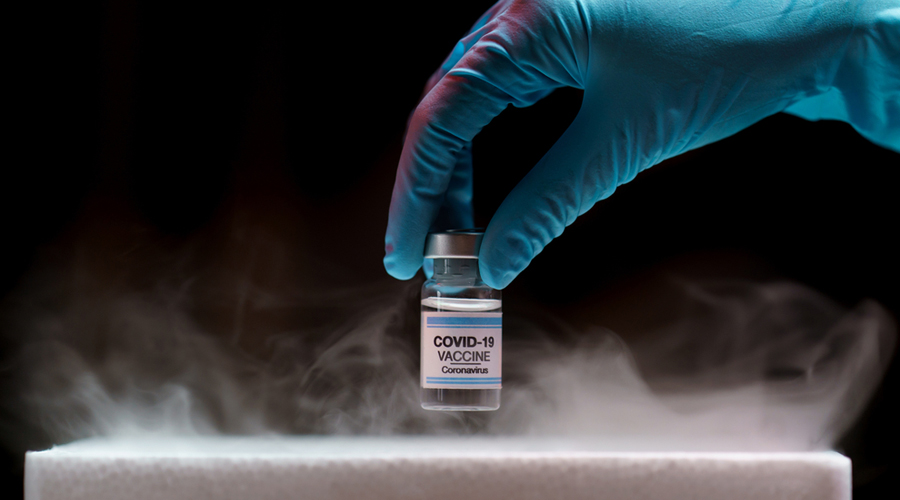A Lancet panel of experts on India on Wednesday proposed central systems for the procurement and distribution of free Covid vaccines, part of an eight-point charter of recommendations to curtail the loss of life and suffering caused by the coronavirus resurgence in the country.
The Lancet Citizens' Commission on Reimagining India's Health System, which comprises 21 experts including virologist Gagandeep Kang and Narayana Hrudalaya chairperson Devi Shetty, was launched in December last year.
In an article published in the British medical journal, the commission put forward eight urgent recommendations for the Centre and state governments. These include a transparent pricing policy and cash transfers by the state to workers in the informal sector.
Among the key points is the establishment of central systems to procure and distribute COVID-19 vaccines free of cost, a departure from the current policy of decentralised procurement through state governments. Such an approach would optimise prices and minimise cross-state inequities that may result from differential fiscal and capacity contexts, the 21 authors wrote in the article.
These recommendations are focused on the immediate steps central and state governments must take to help curtail the loss of life and suffering caused by Covid-19 amid the recent surge in cases, the Commission said.
The Commission also recommended that district-level working groups should have the autonomy to respond to rapidly changing local situations and must be empowered to receive funds and resources to coordinate efforts across all sectors of the health system, from front-line workers to tertiary care.
Other recommendations include a transparent national pricing policy and caps on the prices of all essential health services, wide dissemination of evidence-based information on the management of COVID-19, and marshalling all available human resources across sectors of the health system, including the private sector, for effective response to the disease.
Besides, the panel proposed active collaboration between government and civil society organisations to create and disseminate accurate information, enabling home-based care, emphasising prevention, helping navigate access to life-saving treatment, and promoting vaccination.
Another recommendation is transparency in government data collection and modelling to enable districts to proactively prepare for likely caseloads in the coming weeks.
Finally, the commission recommended minimising the profound suffering and risk to health caused by loss of livelihoods by making provisions for cash transfers by the state to workers in India's vast informal economy who have lost their jobs .
There is still time to stem the haemorrhage of life and the suffering caused by COVID-19 in India, the authors wrote.
We call on the central and state governments to act with urgency and in solidarity with each other and across sectors to address one of the greatest humanitarian crises facing the country since its independence, they added.
The commission was launched to map the pathway to achieving universal health coverage (UHC) in India in the coming decade through a participatory, solutions-driven approach.
Besides Kang, who is professor at the Christian Medical College (CMC) in Vellore, and Shetty, the panel also includes Vikram Patel, professor, Harvard T.H. Chan School of Public Health, Kiran Mazumdar-Shaw, executive chairperson and founder of Biocon Limited and Yamini Aiyar, chief executive of the Centre for Policy Research in New Delhi.











